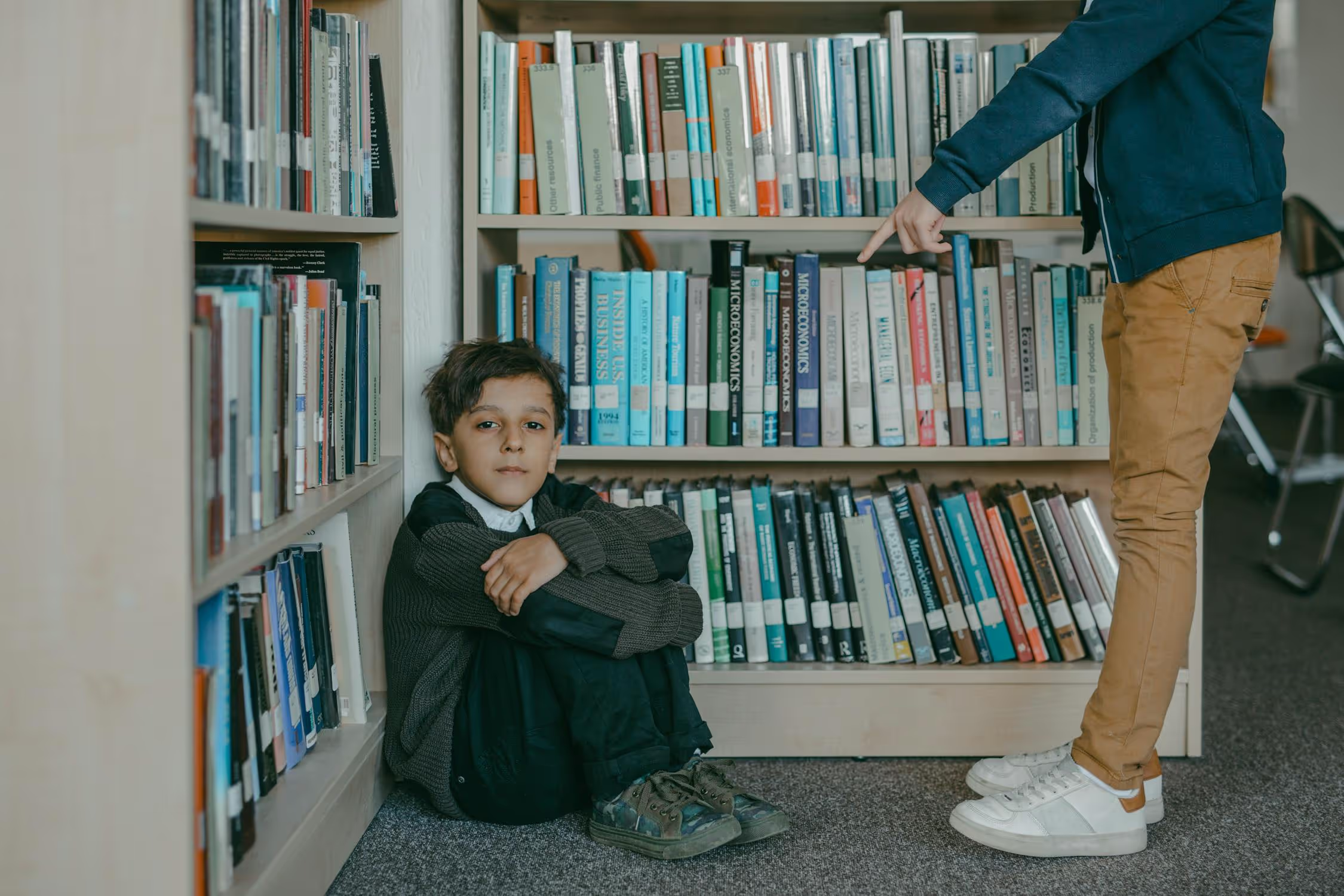Domestic abuse is a pervasive issue that affects millions of families worldwide. It involves a pattern of controlling and coercive behavior, often...

Domestic abuse is a pervasive issue that affects millions of families worldwide. It involves a pattern of controlling and coercive behavior, often characterized by physical violence, emotional manipulation, or financial exploitation within a domestic setting.
The significance of this topic lies in its far-reaching impact, particularly on children.
Children who witness or experience domestic abuse are exposed to traumatic events that can significantly affect their psychological, social, and physical well-being.
As they are in their formative years, these experiences can shape their development and future relationships in profound ways.
Thus, it is crucial to understand the effects of domestic abuse on children to provide them with the necessary support and interventions.
The physical effects of domestic abuse on children can be both immediate and long-lasting.
Children may directly suffer injuries as a result of violence in their homes, ranging from minor bruises and cuts to more serious harm like broken bones or head traumas.
Even when not directly targeted, children can get hurt while trying to intervene in violent situations or if they're accidentally caught in the crossfire.
The chronic stress and fear associated with living in an abusive environment can lead to long-term health issues in children.
These may include problems with growth and development, chronic conditions like heart disease and diabetes, and cognitive impairments.
Prolonged exposure to such a stressful environment can also lead to a condition known as toxic stress, which can alter a child's brain development and function, potentially leading to learning difficulties and mental health disorders in the future.
It is therefore crucial to recognize and address domestic abuse early on to minimize its detrimental effects on a child's health.
One of the most common conditions resulting from exposure to domestic violence is Post-Traumatic Stress Disorder (PTSD).
Children who witness or experience abuse may have recurring nightmares, flashbacks, or intrusive thoughts about the violent episodes.
They may also exhibit heightened levels of vigilance and anxiety, always being on guard for potential danger.
This state of constant fear and stress can severely disrupt their normal development and daily functioning.
In addition to PTSD, children exposed to domestic abuse are at a heightened risk of developing anxiety and depression. The unpredictable and volatile nature of their home environment can lead to feelings of insecurity and constant worry.
They may also internalize the blame for the violence, leading to feelings of guilt, worthlessness, and sadness.
Moreover, these children often exhibit behavioral problems, such as aggression, defiance, or withdrawal.
They may struggle with self-control, have difficulty focusing, or engage in risky behaviors as they grow older.
The social effects of domestic abuse on children can manifest in various ways, particularly in their academic and interpersonal relationships.
Difficulties in school are common among these children. The constant stress and anxiety can make it hard for them to concentrate on their studies, leading to lower grades and a lack of interest in school activities.
They may also exhibit behavioral issues in the classroom, such as aggression towards peers or defiance towards authority figures.
These problems can lead to frequent disciplinary actions, further alienating them from their peers and educators.
Moreover, children exposed to domestic violence often struggle with forming and maintaining healthy relationships.
They might have trouble trusting others due to their unstable home environment, making it difficult for them to form close friendships.
In some cases, they might even replicate the abusive behaviors they've witnessed at home in their own relationships, perpetuating the cycle of violence.
Furthermore, these children may socially withdraw, preferring to isolate themselves rather than risk further emotional pain.
This social withdrawal can limit their opportunities for social learning and development, further exacerbating their feelings of loneliness and alienation.

Domestic abuse has far-reaching and profound effects on children, impacting their academic performance, social relationships, and overall being.
It's a pervasive issue that often goes unnoticed, underscoring the importance of awareness and timely intervention.
Schools, therapists, and community resources play a crucial role in identifying these children and providing them with the necessary support and assistance.
The journey towards a world free from domestic violence begins with education and understanding, and every step taken in this direction can make a significant difference in the lives of countless children.